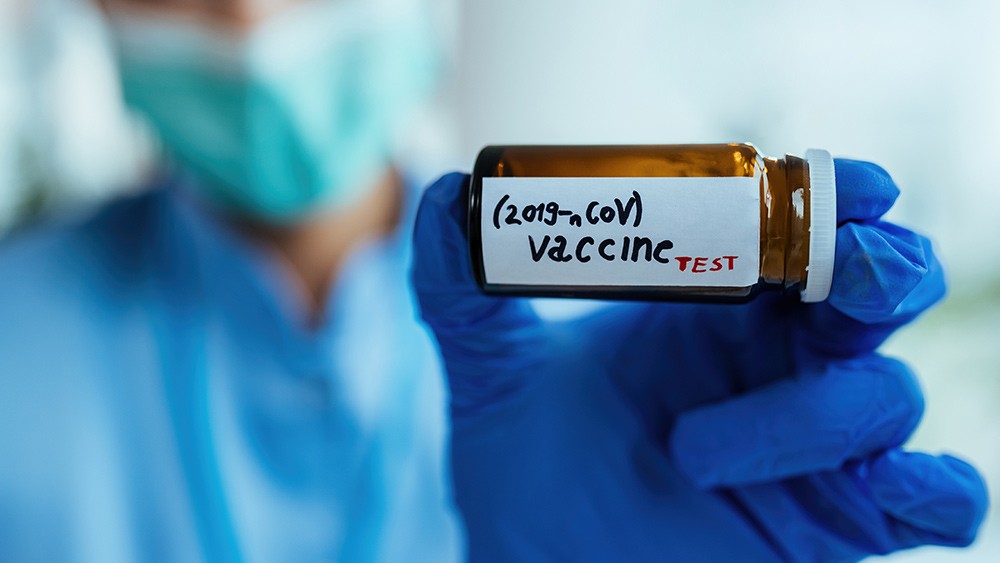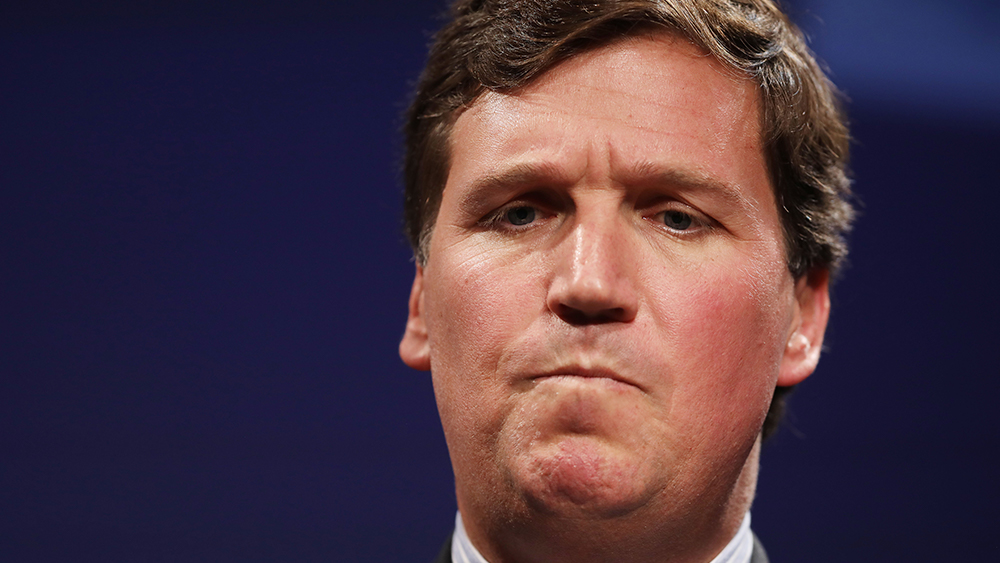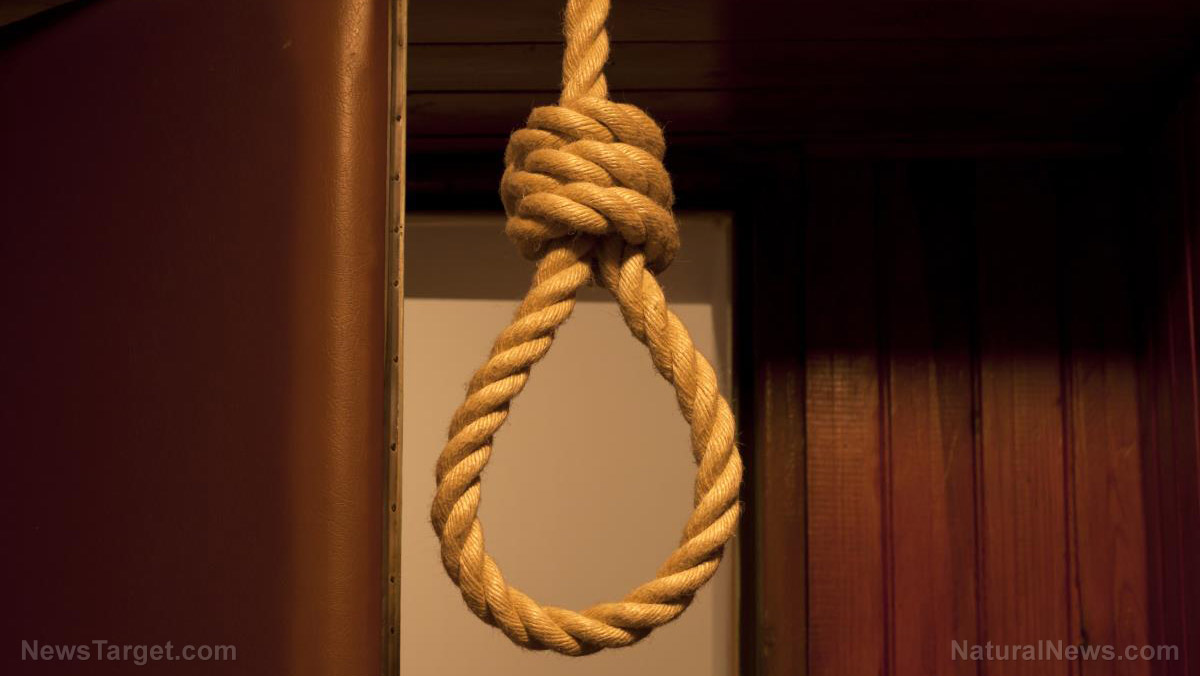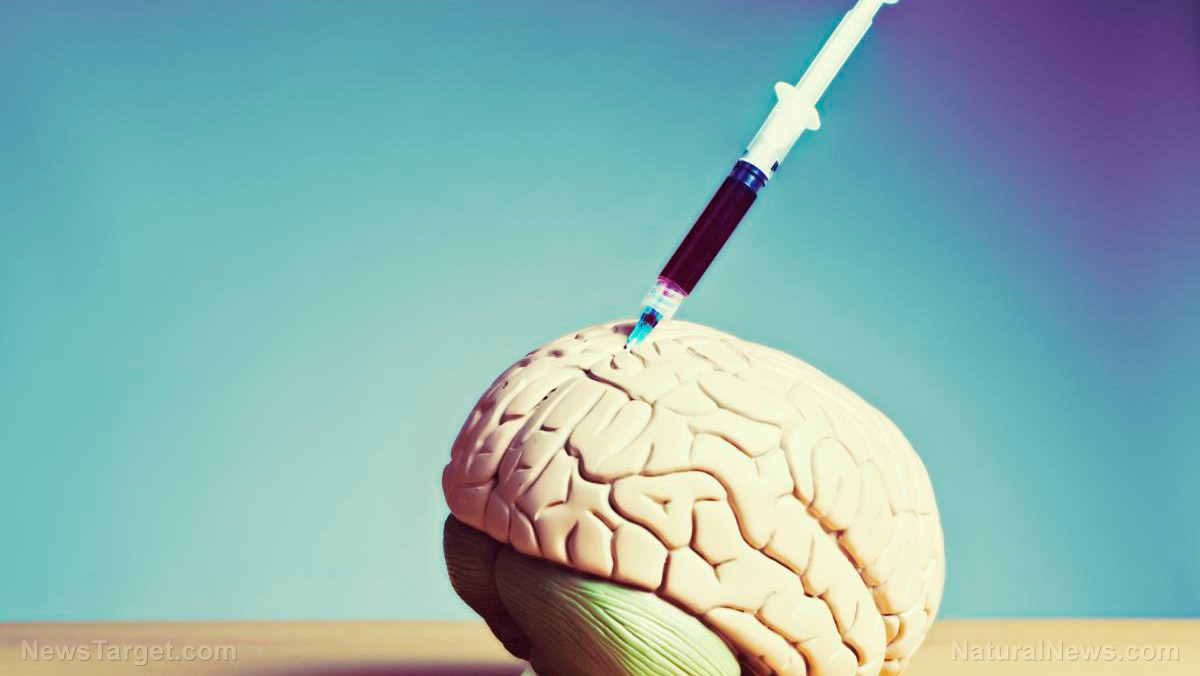
Wealthy countries are balking at a proposal currently under discussion by the World Trade Organization to temporarily suspend intellectual property rules surrounding COVID-19 vaccines and treatments.
The global trade body was approached in October by India and South Africa. The two developing countries asked them to waive certain parts of the agreement known as Trade-Related Aspects of Intellectual Property Rights, or the TRIPS Agreement. They argued that by suspending rights such as patents, copyrights and industrial designs, they would gain "timely access to affordable medical products including vaccines and medicines or to scaling-up of research, development, manufacturing and supply of medical products essential to combat COVID-19."
The proposal would allow countries to opt not to enforce or apply patents and other exclusive rights that could stand in their way of producing and supplying coronavirus-related medical tools until the world reaches global herd immunity.
However, wealthy nations like the U.S., the UK, and Switzerland, along with the European Union, vehemently oppose the idea. All of these countries, Reuters points out, are home to major pharmaceutical firms. They said that a ban would stifle innovation in pharmaceutical companies by taking away their incentive to make big investments in researching and developing vaccines and treatments – something they said would be particularly counterproductive during the pandemic as drug makers grapple to respond to the mutating virus.
Moreover, they argue that waiving intellectual property rights does not address the problems with manufacturing and distribution capacity that are holding up drug supplies.
The talks come as some of these wealthier countries are coming under fire for taking billions of COVID-19 vaccines, vastly exceeding the size of their populations, while leaving poorer countries out in the cold. For example, Canada has pre-ordered enough vaccines to vaccinate each of its citizens six times. The U.S. and UK have stockpiled the equivalent of four vaccines per person, while the EU and Australia have secured enough for two per citizen. This global scramble for vaccines could prolong the pandemic, experts claim.
Meanwhile, the vaccines that are being made available to developing countries are either very expensive, or they are untested ones from Russia and China. South Africa ordered 1.5 million doses of AstraZeneca’s vaccine, but they are being charged more than double the amount the EU is paying. While the EU says they are entitled to the discount because of their investment in the development of the vaccine, South Africa points out that the jab was tested on South Africans in clinical trials in Johannesburg.
Although the World Trade Organization members agreed on the urgency of ensuring that vaccines and drugs are distributed equitably and quickly, they could not reach an agreement on whether an IP waiver was the best way of accomplishing this mission.
Médecins Sans Frontieres, also known as Doctors Without Borders, has called on wealthy nations to stop opposing the proposal on the grounds that they could be ruining its life-saving potential for billions of individuals. The Executive Co-Director of MSF’s Access Campaign, Dr. Sidney Wong, said: “This pandemic will not be over until it is over for everyone.”
No one knows the long-term effects of COVID-19 vaccines
Placing profits over people is nothing new for Big Pharma, but those who don’t end up getting the vaccine may actually be the last ones standing in this whole mess. Millions of people around the world are being injected with a largely untested vaccine, the long-term effects of which are unknown.
Some experts are concerned it could lead to deadly antibody-dependent enhancement, and others suspect it may even be a form of weaponized medicine. It could be years or even decades before the effects of these vaccines become apparent.
Sources for this article include:
Please contact us for more information.




















